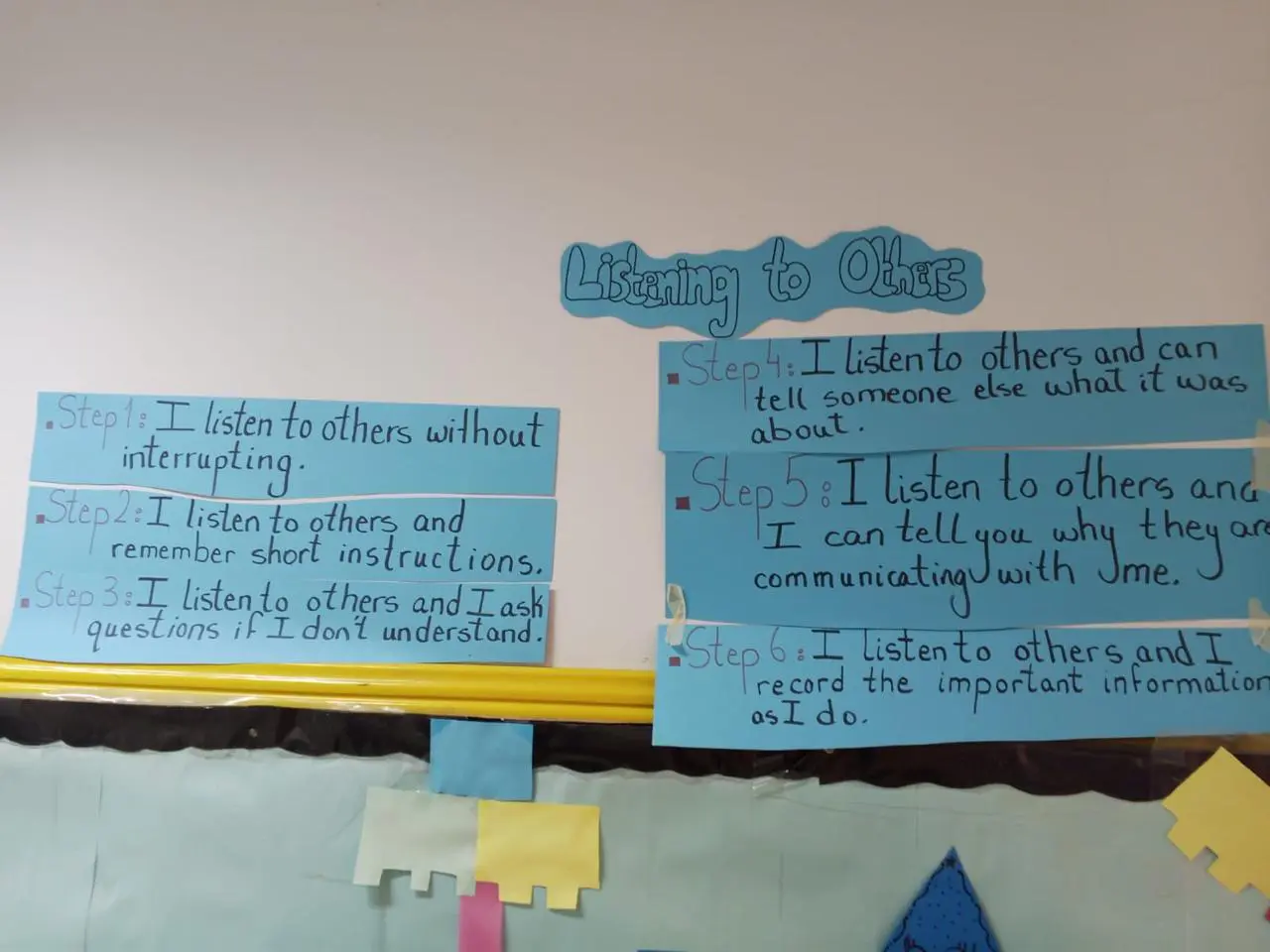We implemented simple methods to measure progress in essential skills, particularly listening and teamwork. Teachers observed students during activities, assessing attentive listening, instruction following, and respect for others. For teamwork, they noted shared responsibilities, fair collaboration, and mutual support. Regular feedback, individual and class-wide, raised student awareness of strengths and areas for growth. Reflection activities allowed self-assessment. This combined approach of observations, reflections, and discussions provided a clear picture of progress, enabling teachers to adapt activities and students to understand the value of these monitored skills.
























